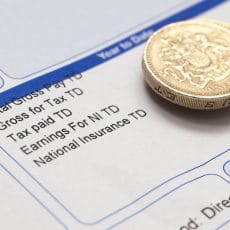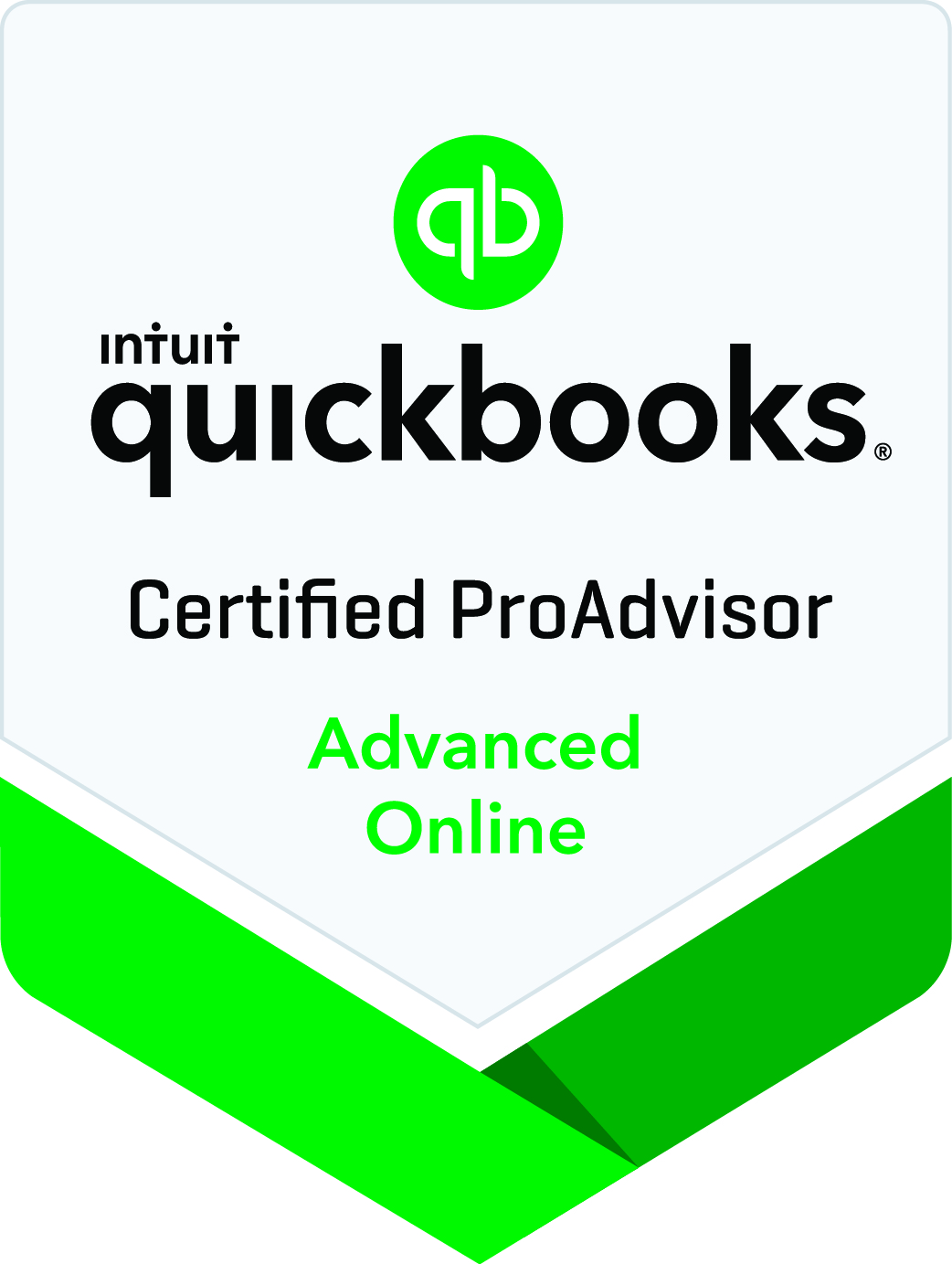Employing Staff for the First Time

PAYE Registration
If an employee is paid £123 per week or £533 per month or more, a formal Pay-As-You-Earn (PAYE) scheme for the business needs to be registered with HMRC. This notifies HMRC that the business is an employer. Once the registration is accepted by HMRC they will write to the business to confirm the registration and provide two unique PAYE reference numbers.
Tax and National Insurance Deductions
Employers may have to deduct income tax from an employe’s gross salary and these deductions are determined by the employee’s PAYE code which in turn depends on the employee’s other employment history for the tax year in which they join the business. HMRC can also ask employers to apply a specific PAYE code for each employee and employers are obliged to apply these when received from HMRC.
Employees’ national insurance at 8% needs to be deducted from gross salaries if the salary is £242 per week or £1,048 per month or more. 8% is deductible on the salary between £242 and £967 per week or £1,048 and £4,189 per month and thereafter the deduction falls to 2%.
The net amount payable to an employee is therefore the gross salary less the income tax and employees’ national insurance deductions. Other deductions may also need to be made before paying the net salary e.g. pension contributions and student loan repayments.
Employers’ National Insurance
An additional cost to employers on top of the gross salary is employers’ national insurance. This is payable at 13.8% of the salary above £175 per week or £758 permonth. It represents a significant additional cost on top of the agreed contractual salary but most small employers should be able to benefit from the employment allowance which will cover the first £5,000 of employers’ national insurance liability. More information about this is available here.
Auto Enrolment
All employers are required to comply with auto enrolment regulations to enrol eligible employees into a workplace pension scheme. An auto enrolment pension scheme needs to be set up after the first eligible employee is taken on, which is normally an employee between the ages of 22 and state pension age earning £10,000 (£192 per week or £833 per month) per year or more. If auto enrolment applies, employee pension contributions will need to be deducted from gross salaries and paid to the pension scheme. Employers’ contributions will also need to be made and this represents an additional cost to the employer on top of the agreed contractual salary.
Reporting Obligations
Once the PAYE reference numbers arrive from HMRC, a ‘real-time information’ (RTI) submission needs to be made to HMRC on or before the date of each payment to employees. This is to confirm to HMRC the gross salary paid to employees along with details of any tax and national insurance due on those salaries, which will need to be paid to HMRC by the 22nd of the following month. Payslips outlining the gross salary and deductions made need to be issued to employees. An annual summary of the salary paid and income tax deducted also needs to be issued after the end of each tax year on a ‘P60’ form.
If no employee is paid £123 per week or £533 per month or more, a formal PAYE scheme does not need to be registered. The employer will still be required to maintain payroll records to confirm the amounts paid to employees.
Once an employee is paid more than these thresholds then a PAYE scheme must be registered and all employees irrespective of their pay will need to be included in the RTI submissions to HMRC. National Minimum Wage and National Living Wage rates must also be considered when paying employees and more information about this is available here.




